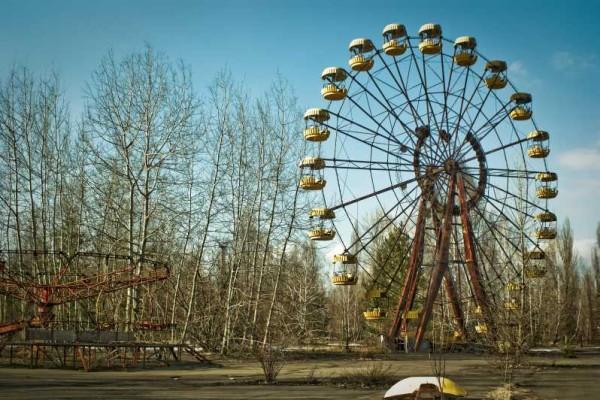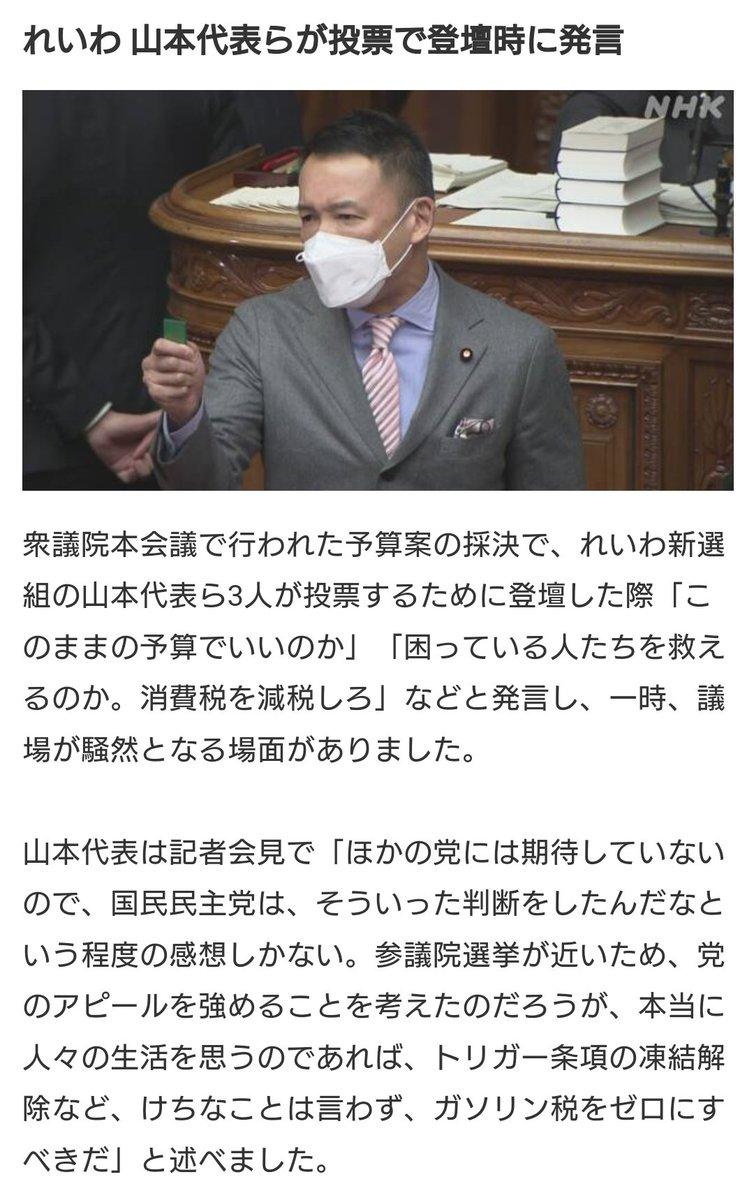"Beats Flex-fragment design special edition" is now on sale on Apple's official website
11/03/2022

delivery

The self-proclaimed Donetsk People's Republic (DPR) and Lugansk People's Republic (LPR) independent approvals and troop dispatches, which President Putin brought to the fore, are also reminiscent of 2014. .. On the 21st, President Putin said in a speech to the public after the National Security Council emergency meeting, "The Ukrainian government is about to engage in a blitzkrieg in this area as in 2014-2015. Local residents are being shot every day. , Attack unmanned aircraft (drones), heavy firearms, missiles, cannons, etc. have been mobilized. " He then said, "At the time of the collapse of the Soviet Union in 1991, Russia was robbed (Ukraine)," and claimed that the area was "originally Russian." On March 1, 2014, Putin made a similar statement while requesting the Russian Senate to approve the use of force on the Crimean Peninsula. At that time, President Putin submitted an application for the use of military force until the political and social conditions stabilized, considering that the lives of Russian residents and people were threatened in connection with the emergency situation created in Ukraine. ". Subsequently, in a speech before signing the Russian Merger Treaty of the Autonomous Republic of Crimea on March 18, the Crimean Peninsula was defined as "Russian historical heritage" and "The transfer of the Crimean Peninsula to Ukraine in 1954 was Nikita Khrushche. It was the personal judgment of the Secretary-General of the Communist Party of the Soviet Union, Khrushchev. " At that time, President Putin said, "Some claims that Russia will annex Crimea to other parts of Ukraine are not true. Russia does not want the division of Ukraine." Meanwhile, Putin's official approval of DPR and LPR, which were not recognized even after declaring independence, made it impossible to rule out the possibility of a Russian merger with the region in the future. The presidential decree, which has now approved independence, has been signed by President Putin, and the approval procedure of the Russian parliament, which is dominated by the ruling party "United Russia Party", remains. Regardless of the merger procedure, Russia has also become able to utilize the Donbus region as a military hub such as the Crimean Peninsula. The "Convention on Friendship, Cooperation and Mutual Assistance" signed by President Putin with the leaders of the two DPR and LPR republics on the 21st includes a provision to share the right to build and use military bases with the other country. Prior to this, the Crimean Peninsula has become a Russian military base since the forced merger of Russia in 2014, with the latest air defense missile system "S-400" missile battery deployed and a military training ground built in the Novozerne region. The Autonomous Republic of Crimea, which was the territory of Ukraine at the time of 2014, declared independence from Ukraine on March 11, passed a referendum (96.6% in favor) on the 16th, and then became an independent state from President Putin on the 17th. It took the form of receiving approval. After that, President Putin signed a merger treaty in Moscow with Prime Minister Sergey Aksyonov of the Republic of Crimea, Supreme Council Chairman Vladimir Konstantinov on the 18th, and Mayor Alexei Charlie of the city of Sevastopol, and the Russian Senate signed the merger treaty on the 21st. Upon ratification, it was finally signed and the Crimean Peninsula was merged. Meanwhile, Russia's RIA Novosti news agency reported on the 21st that Russian residents were pleased to ring firecrackers and waving flags on the road after President Putin's approval of the Donbas region republic. According to a poll last year, more than half of the inhabitants want to be integrated into Russia regardless of their autonomy. The ratio of Russians in this region (more than 30%) is much higher than the ratio of Russians in the entire Ukrainian population (17.3%). According to the International Institute for Strategic Studies, there are 100,000 Ukrainian government troops, 34,000 pro-Russian rebels, and 30,000 Russian troops in conflict in the Donbus area (2021 standard). According to the United Nations, at least 14,000 people have died and more than 2 million refugees have occurred in the last eight years of bilateral warfare.
Last updated: JoongAng Ilbo Japanese version